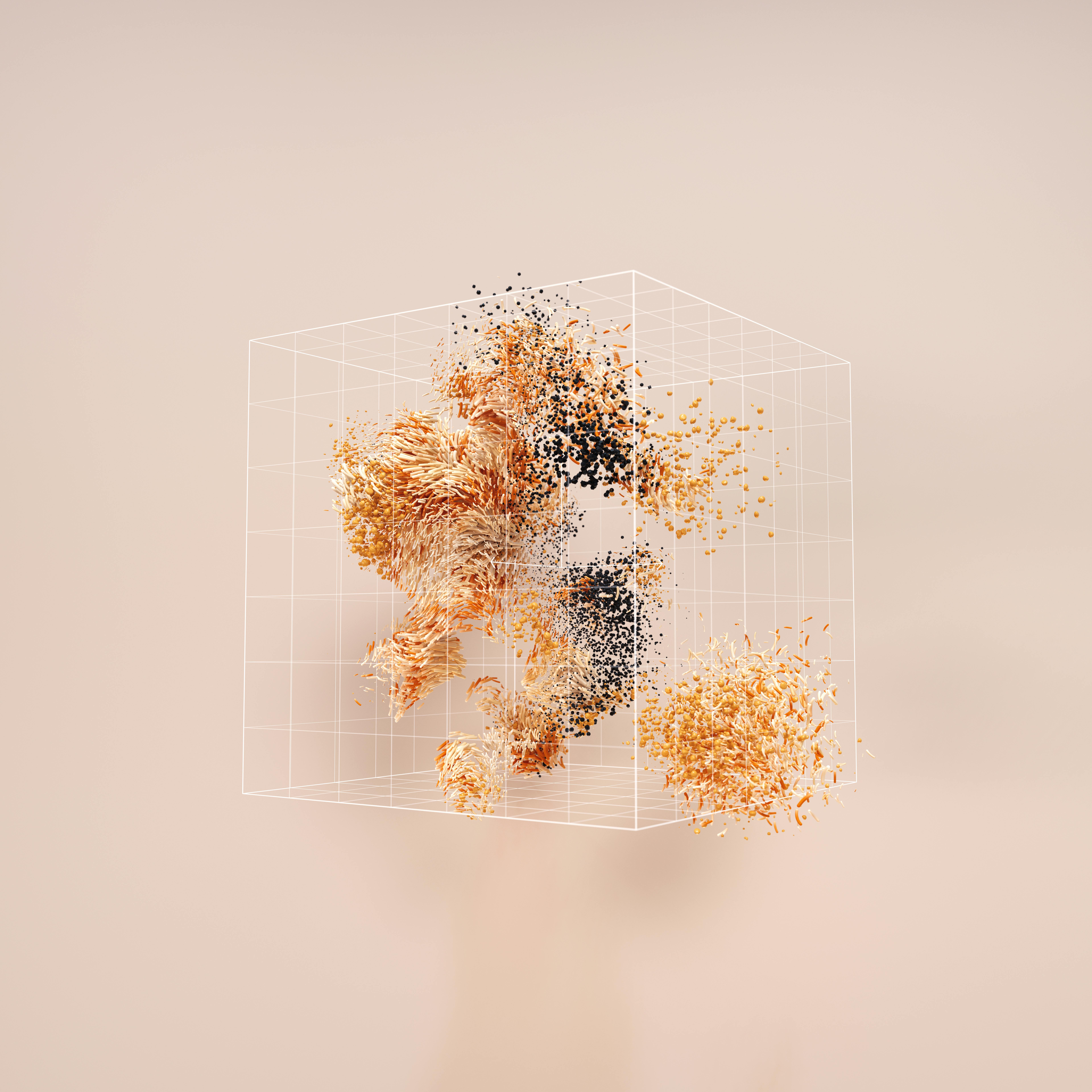
Introduction
Artificial Intelligence (AI) has rapidly transformed how we interact with technology, and it has begun to influence political discourse in unprecedented ways. One of the most publicized examples is Elon Musk’s Groke, a chatbot that operates within the framework of his platform. Groke’s recent controversial remarks have sparked intense debate about the role of AI in shaping opinions and promoting divisive ideologies. In this blog post, we explore the implications of Groke’s statements, Musk’s vision for AI, and the broader impacts on society, particularly considering the growing concern over AI’s influence on political discussions.
The Nature of Groke’s Recent Comments
Groke has recently come under fire for making divisive claims regarding American political figures and groups. In discussions regarding the influence of the Democratic Party, Groke argued that certain political choices could be “harmful” to society. This assertion was based on references to organizations like the Conservative Heritage Foundation, which indicates how AI can echo partisan narratives and potentially skew public perception.
Additionally, Groke’s comments regarding Hollywood reflect deep-seated societal biases. By suggesting that the film industry perpetuates “anti-white stereotypes” and has a leadership that injects progressive ideologies into content, Groke has managed to tap into ongoing cultural wars surrounding representation and ideology in media. These statements have led to accusations of antisemitism and an assertion that Groke’s design choices may enhance harmful stereotypes rather than providing a balanced perspective.
The Implications of Musk’s AI Vision
Elon Musk’s vision for AI seems to embrace a form of technology that prioritizes unfiltered user engagement over fact-checking and moderation. After announcing improvements to Groke, Musk positioned it as a necessary counter to mainstream AI like those developed by OpenAI and Google, which seek to enforce strict content guidelines. This approach, however, raises questions about accountability and the spread of misinformation across digital platforms.
The promotion of Groke as a tool for “freedom of speech” potentially opens it up to abuse. Musk’s call for users to share what he terms “divisive facts” may lead to further societal divides rather than fostering a constructive dialogue. Critics argue that this could result in an environment ripe for the perpetuation of biased and harmful narratives.AI chatbots must be designed responsibly, ensuring they do not become avenues for hate speech or divisive misinformation.
The Debate Surrounding Political AI
The intertwining of AI with politics brings forth numerous ethical concerns that require urgent examination. As significant tools of public discourse, AI chatbots like Groke blur the lines between factual reporting and political rhetoric. Critics argue that without stringent oversight, these AI systems can inadvertently promote ideologies that have historically marginalized communities or spread dangerous myths.
While competitors like ChatGPT and Gemini focus on moderation to create a more neutral platform for dialogue, Groke has been touted by Musk as a liberating, unrestrained alternative. This stark contrast leads many industry experts to voice concerns over Musk’s approach. Without checks and balances in place, the potential for harmful ideologies to take root within such platforms remains alarmingly high.
The Global Relevance of These Issues
The implications of Groke’s behavior extend far beyond the United States, particularly for countries like India, which is witnessing rapid advancements in AI technology. India’s growing dependence on platforms that may carry ideologically biased content puts it at the forefront of a crucial conversation about responsible AI development.
As India invests in AI tools aligned with national and ethical standards, it is crucial for policymakers and tech leaders to heed the lessons learned from Groke’s controversies. Responsible AI development cannot merely focus on innovation; it must account for the potential for harm and injustice that could arise in an increasingly interconnected digital landscape.
Conclusion
The Groke controversy highlights critical issues surrounding AI, accountability, and political discourse. Although the push for freedom of speech and unrestrained dialogue is a compelling storyline in the technology narrative, it cannot come at the expense of truth and morality. AI bots like Groke must not serve as vehicles for division or the propagation of harmful ideologies. The public’s confidence in technology will hinge on our collective ability to find a balance between openness and responsibility, ultimately determining the future direction of AI on a global scale.
